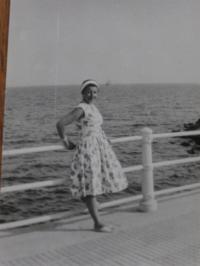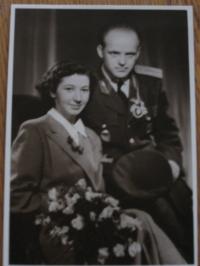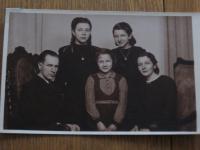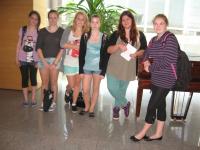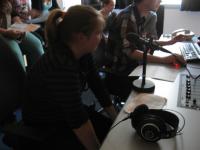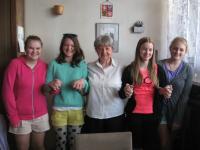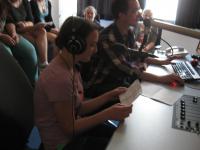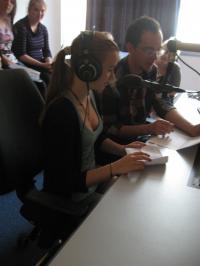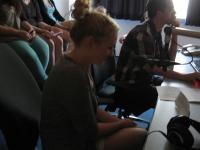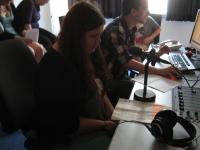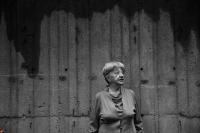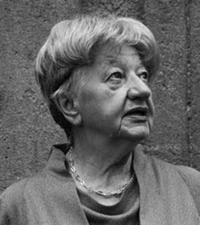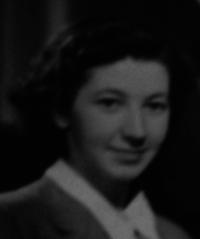We should really hold this beautiful country dear
Jaruška Žolčáková was born in 1929 in Prague in a middle-class family. Her unusual, diminutive name was given by the fact that her father wished desperately to have a daughter. From the outset of the war, her parents were determined to get involved in the resistance against the Nazis. Her father became the commander of a unit in the Ruzyně penitentiary. Jaruška and her sister were chasing for food coupons and distributing them to those who needed them. The family was itself deprived of food. Her mother starved and would rather give away her food to her three daughters. In the days of the Prague uprising, the family was in Ruzyně and together with her sister, Jaruška helped as a nurse. They would help every wounded, no matter whether he was Czech or German. The penitentiary was under fire from the German as well as the Russian army. The nearby water tower was shot to pieces and the whole premises of the prison were instantly flooded. At daybreak of May 9, the tanks of the Red Army finally made it to the prison walls. After the liberation, Prague witnessed the arrival of trains carrying the former inmates of the concentration camps. Many of the friends of Jaruška’s family did not survive the war and Jaruška vainly tried to track them down later on.

